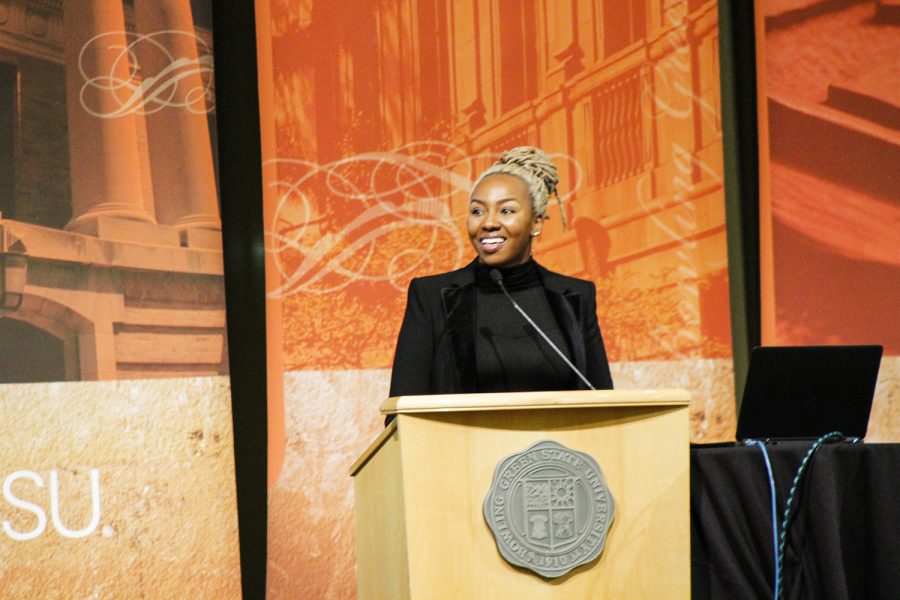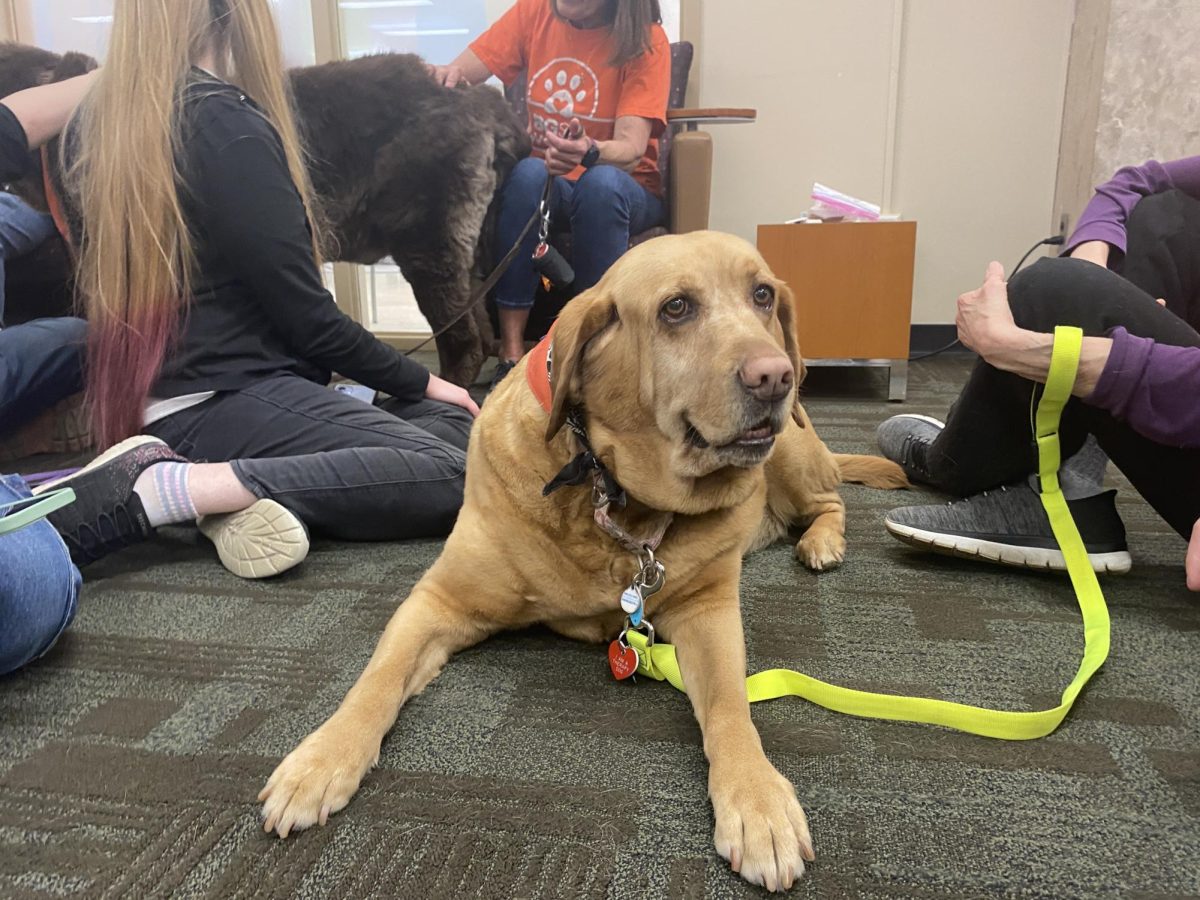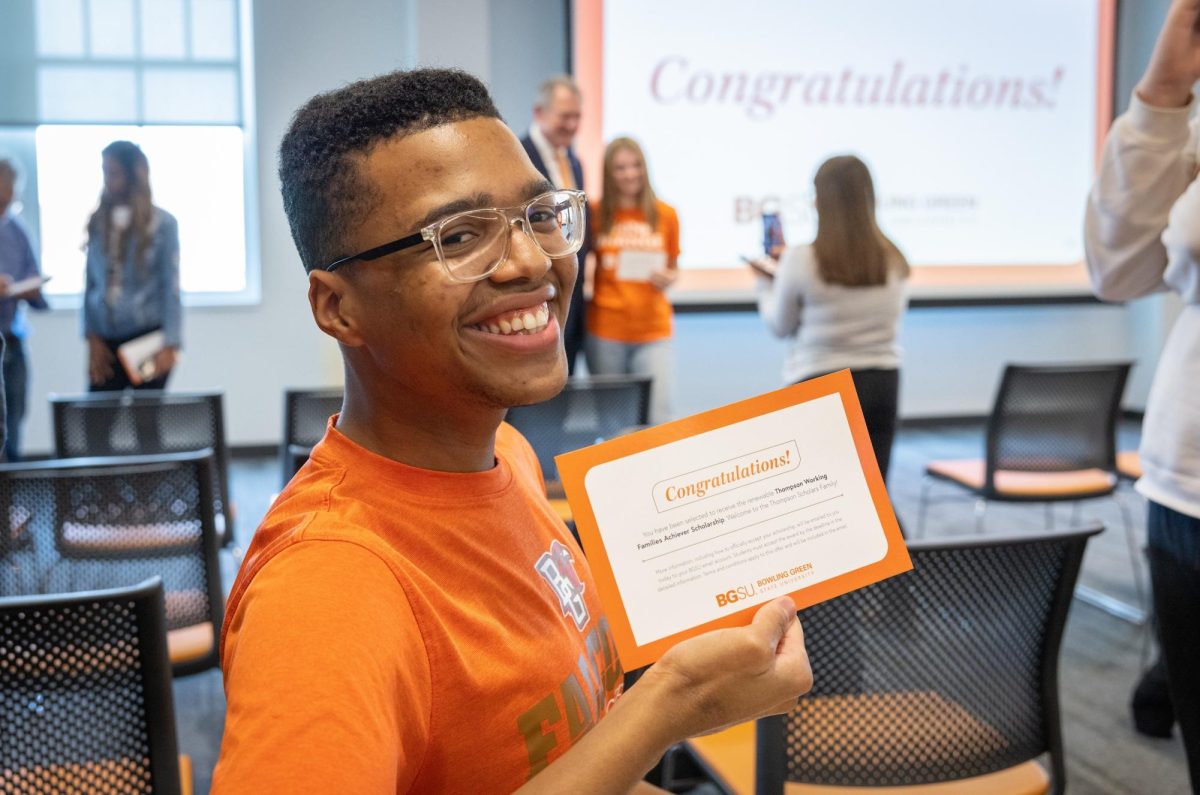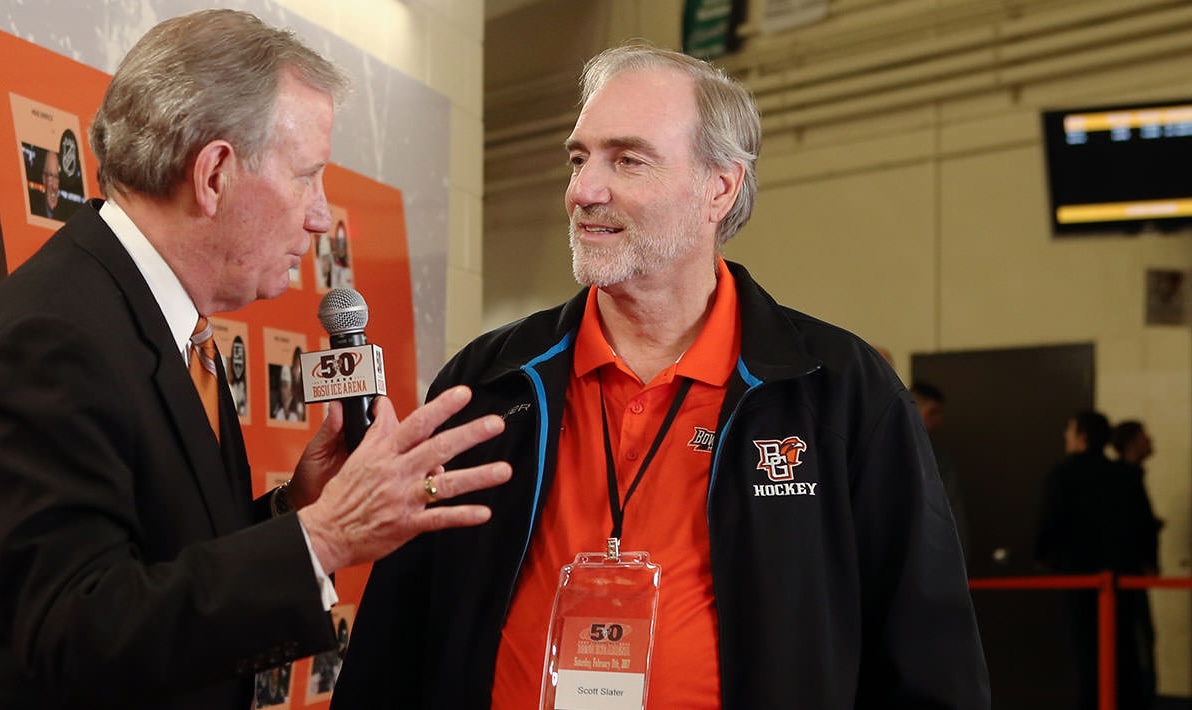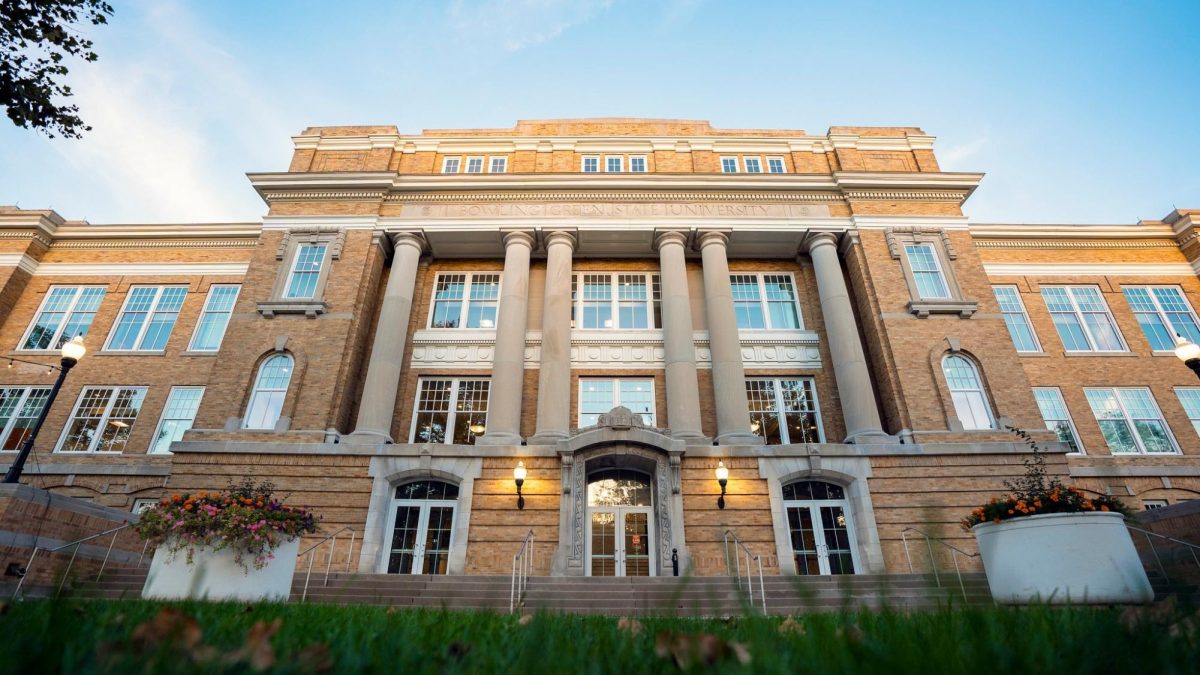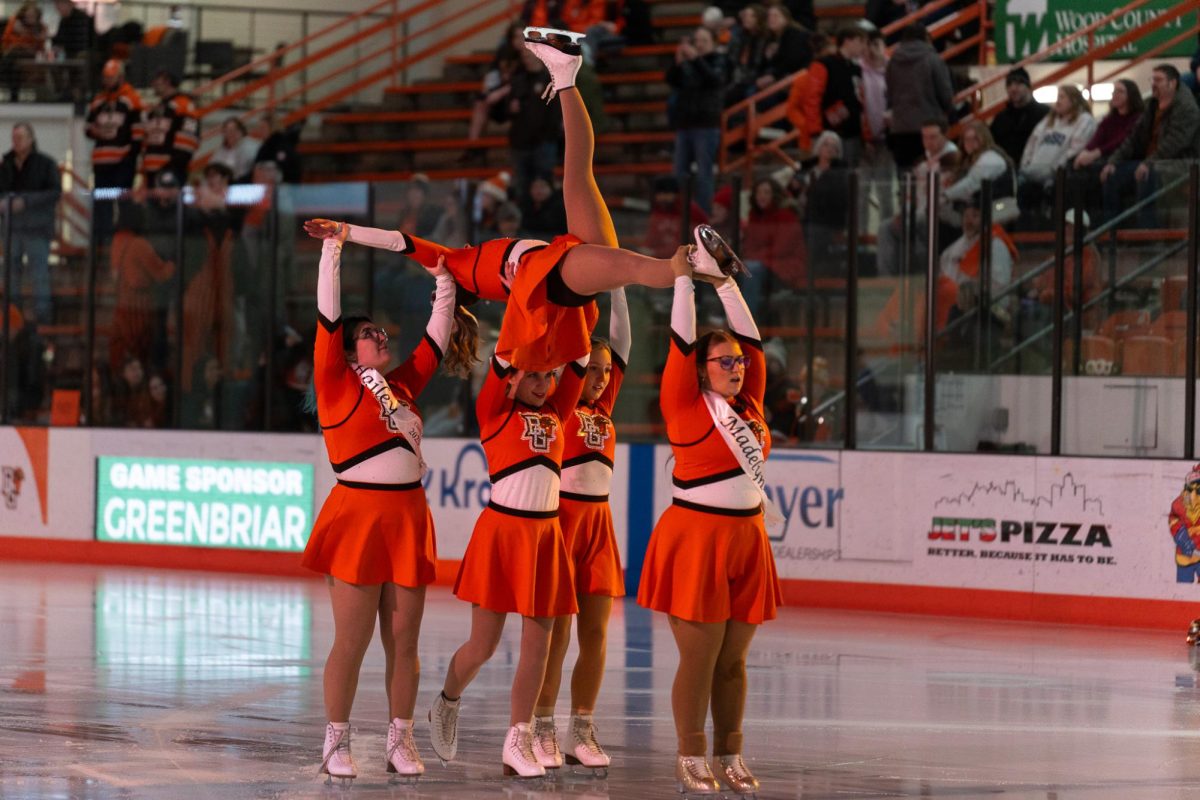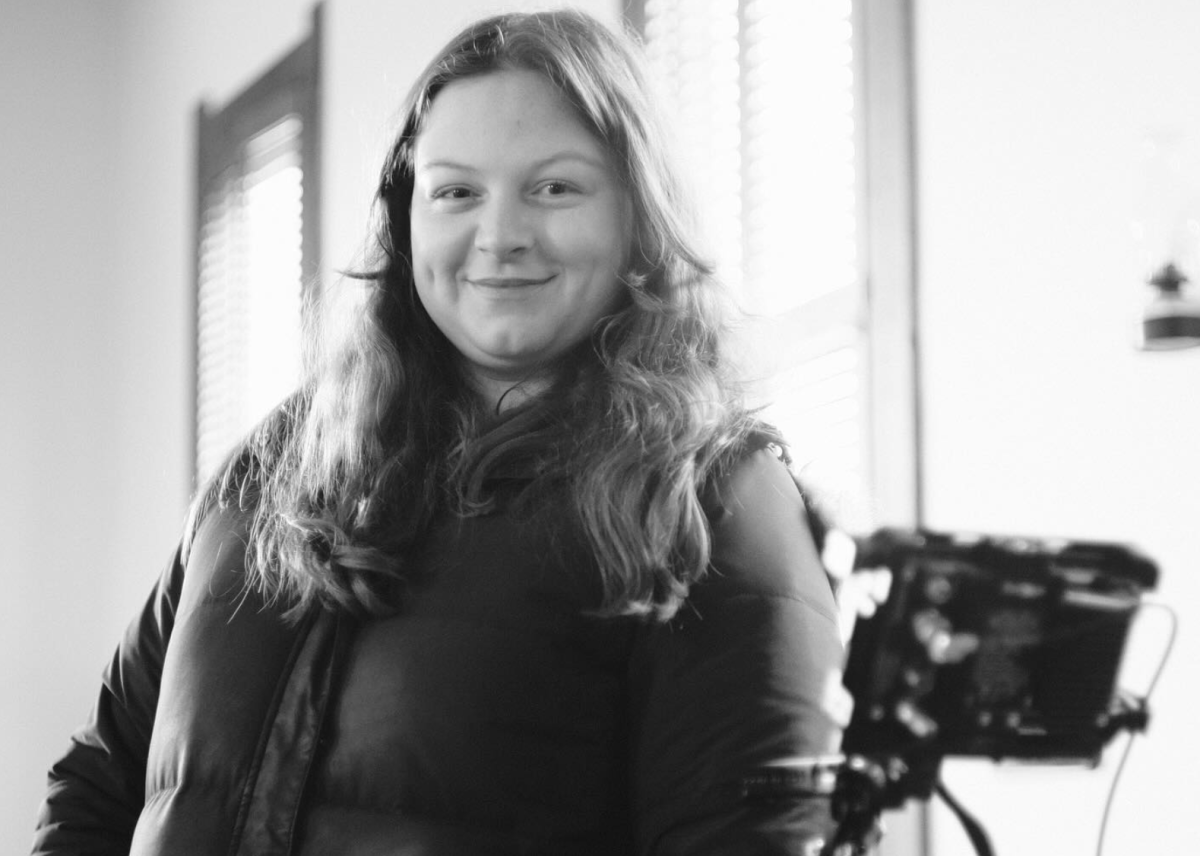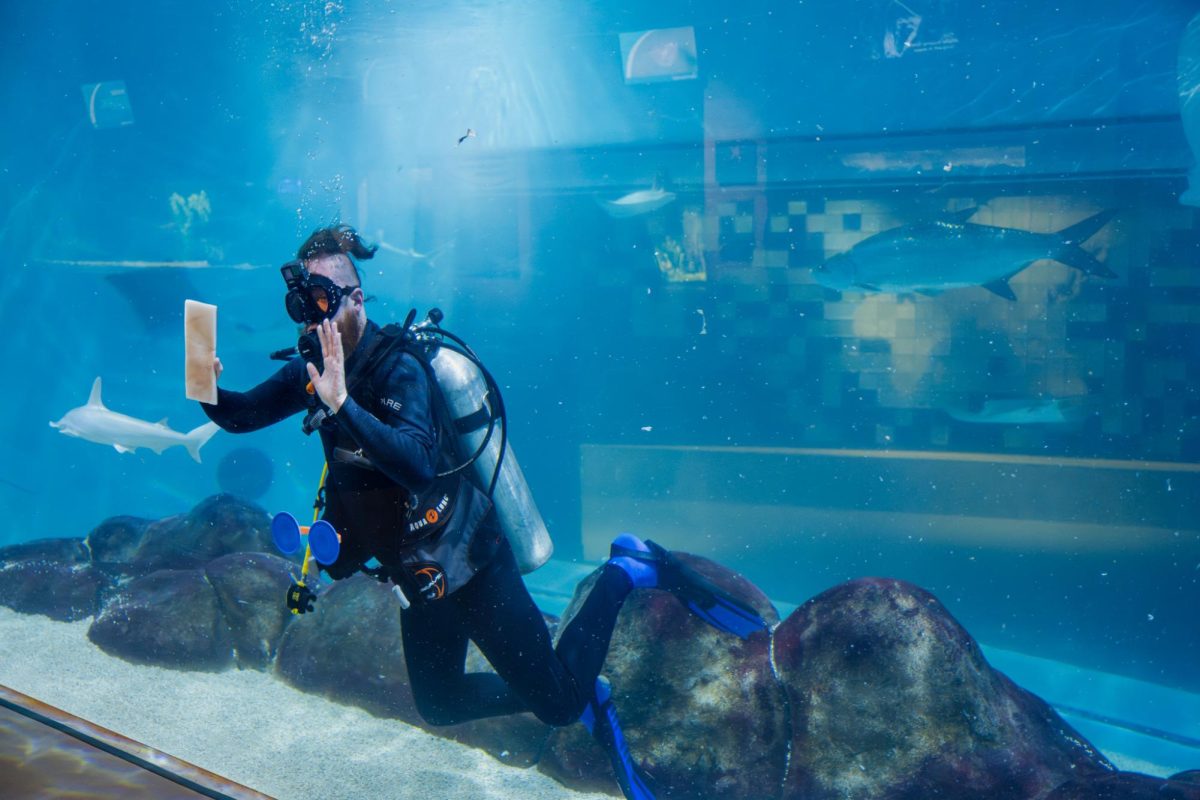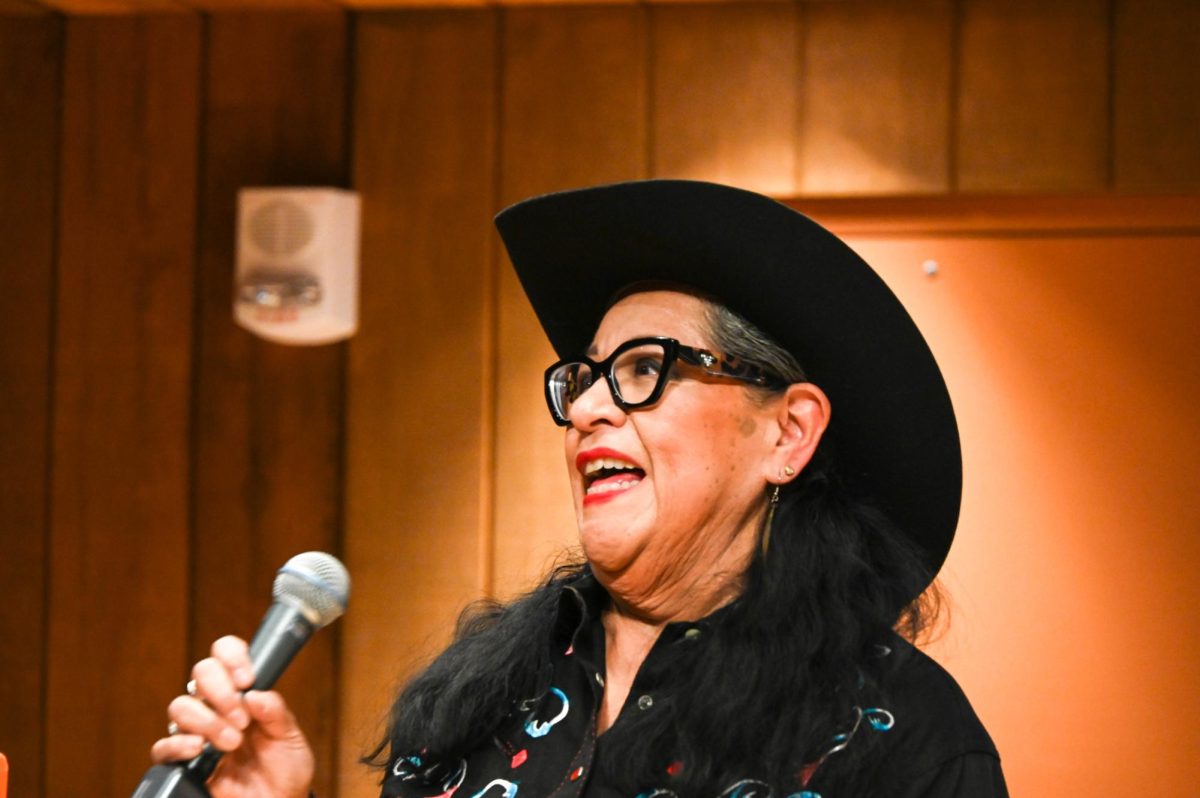Opal Tometi, co-founder of the Black Lives Matter Movement, came to BGSU addressing the black experience, police brutality and the importance of allies.
“Black Lives Matter was first an internal call for our communities,” Tometi said.
In 2013, three black community organizers, Alicia Garza, Patrisse Cullors and Opal Tometi, created the #BlackLivesMatter Movement. It was a social media response to the not-guilty verdict of George Zimmerman, Trayvon Martin’s alleged murderer.
“We had to be unapologetic and name what was going on in our community,” Tometi said.
Over the past six years, Black Lives Matter has created more than 40 chapters across the country with efforts to raise awareness on police brutality and maintain the humanity in black lives.
“Being treated as though our skin is a weapon is intolerable,” Tometi said. “Even six years into the Black Lives Matter Movement, we are still treated this way.”
Black Lives Matter exercises resistance in an effort to fight the oppressors in law enforcement and the judicial system. The movement’s mission is to promote that black lives are just as important as everyone else’s.
“Quite honestly our silence was leading to more and more deaths,” Tometi said. “Our silence was leaving our community thinking that this is okay. We had to say enough is enough.”
Tometi said America didn’t get to this place overnight, stating that government and law officials have antagonized and killed black people with ill intentions for decades. She talked about her dad having to get another car because he was consistently pulled over for being behind the wheel of a BMW. She said the movement cannot progress without the help of white people and their awareness.
“It’s important to me because Opal Tometi said something about white people having to get their people,” Tulsa Fearing, McNair Scholars Program graduate assistant, said. “Because who else is going to do it. She said ‘if it wasn’t for y’all, we wouldn’t be in this mess in the first place.’ And I felt that.”
Tometi said black people have progressed, but the real change is with our allies.
“I think people need to recognize where they have privilege and power in situations and why it’s important to not stay silent if something is going wrong,” Fearing said. “People need to think about that and be aware of that. It’s critical. Being an ally is not something I take lightly. I feel like it’s a responsibility. I take it seriously. It’s an action, not just a chore.”
“Ultimately, we are fueled by love and fueled by a hope that things can be different,” Tometi said.


